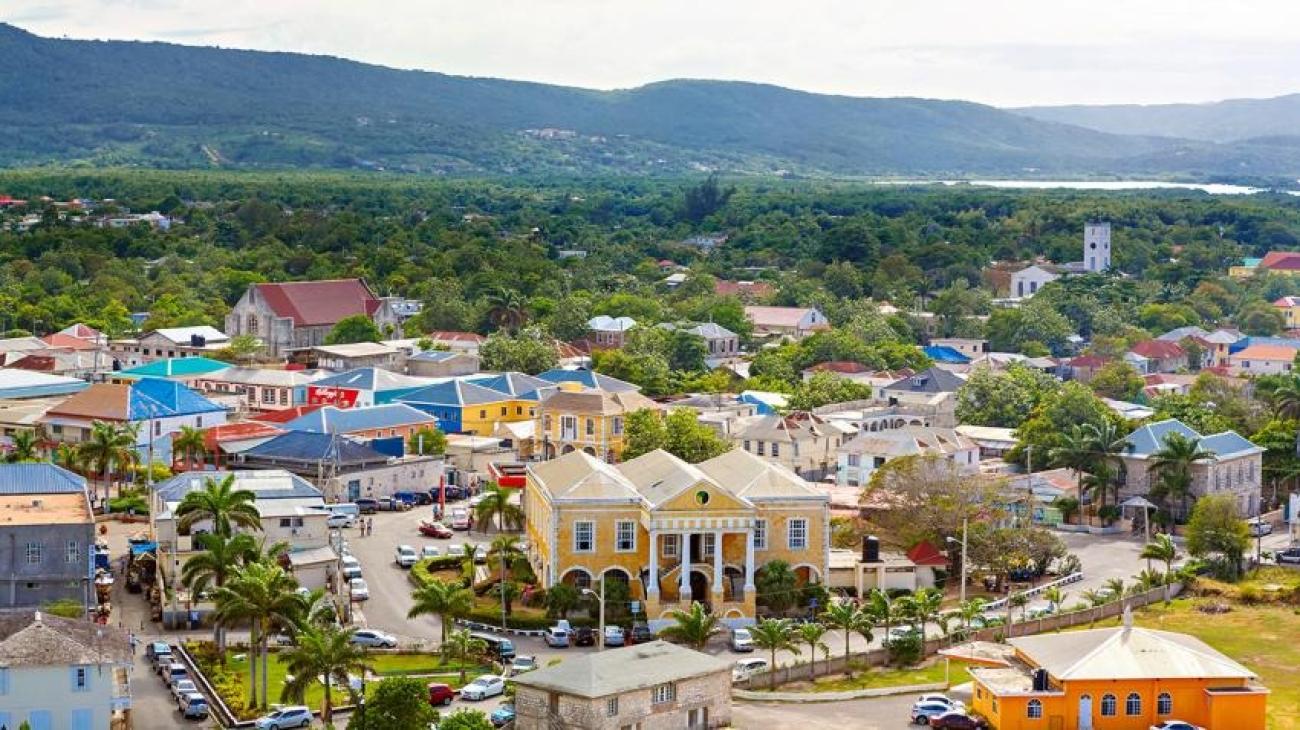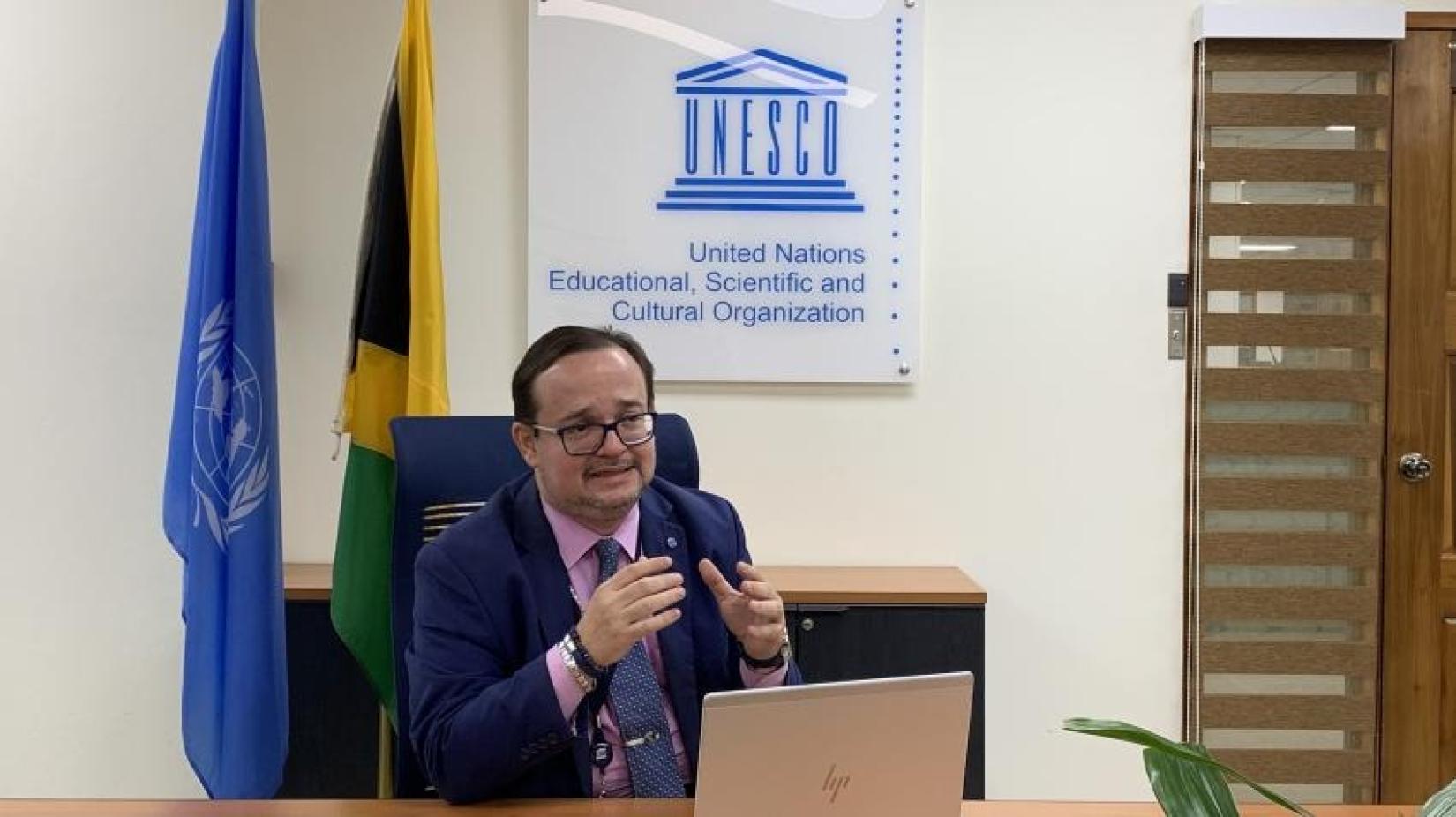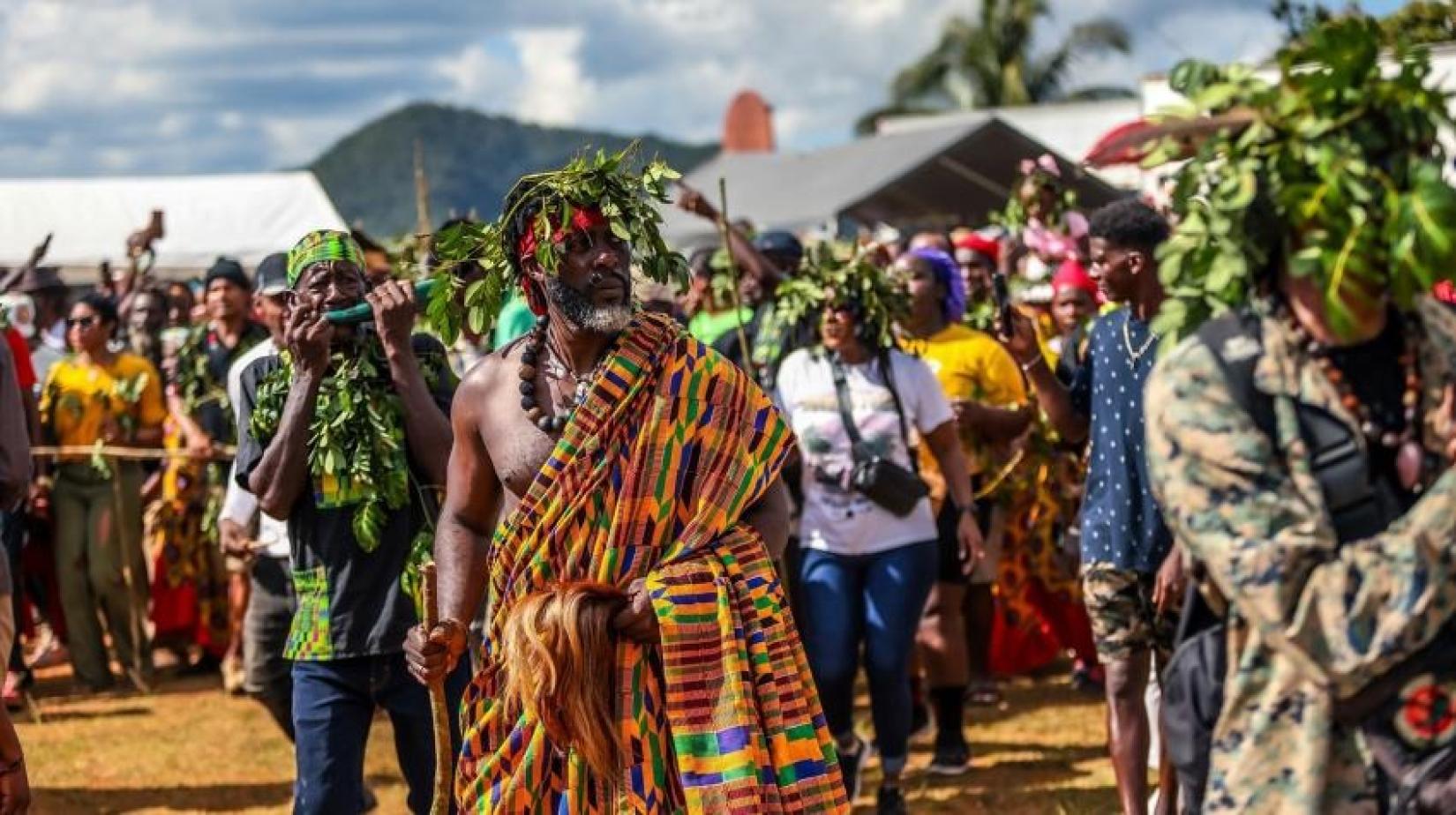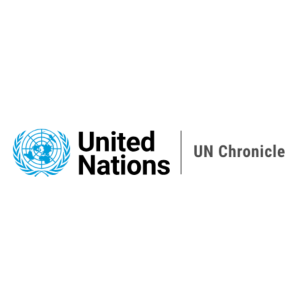Working in Jamaica for multilateralism

Op-Ed by Omar Hernández, the UN and Programmes Coordinator and the Communications Focal Point at the UNESCO Office for the Caribbean in Kingston, Jamaica
The United Nations Educational, Scientific and Cultural Organization (UNESCO), a United Nations specialized agency, maintains a wide global presence, with over 50 offices spread across every region in the world. The work accomplished by these field offices not only supports the communities of the region or subregion served but also bolsters the reputation of UNESCO and the wider United Nations system everywhere, ultimately strengthening support for positive international cooperation on many issues.
In October 2024, I joined the UNESCO Office for the Caribbean, located in Kingston, Jamaica. The Office serves the entire English- and Dutch-speaking Caribbean. I was recruited as an international United Nations Volunteer (UNV), in the “Expert” category. Generally, this category is reserved for individuals willing to volunteer meaningfully in a wide range of activities mandated by the United Nations, utilizing critical skills, specialized knowledge and professional expertise. These qualifications are coupled with graduate studies and a number of years of relevant experience; for this role, the minimum requirement was 15 years.
UNESCO Field Offices such as the Office for the Caribbean are key to ensuring the appropriate execution and implementation of UNESCO programmes and projects in the field, and for reporting on the circumstances and realities of the country or countries covered. They engage with government counterparts and other relevant stakeholders, notably educational institutions; civil society, including youth groups; entrepreneurs; media outlets; and people working in creative fields.
My work fulfils dual roles. Principally, I participate in six United Nations Country Teams (UNCTs) across the subregion. These teams are led by the United Nations Resident Coordinator and include all United Nations entities—resident and non-resident ones alike. UNCTs are tasked with, among other duties, ensuring inter-agency coordination and decision-making at the country level. In this context, I prepare inputs, provide the views of UNESCO on critical issues, summarize discussions and record decisions. Collectively, this work serves as a mechanism for capturing the thinking of the United Nations system as a whole and provides a space for agencies such as UNESCO to be heard.
I am also part of the respective Programme Management Teams (PMTs), which are platforms for internal United Nations dialogue on strategic-level policy and programme issues associated with the Multi-Country Sustainable Development Cooperation Frameworks—in our case, the framework for the Caribbean subregion. Moreover, I coordinate the UNESCO contribution to inter-agency working groups and other mechanisms, follow up on the UNESCO inputs to United Nations planning and monitoring, engage with the wider United Nations system on reporting and other relevant matters, keep abreast of important United Nations initiatives, and identify priority issues and topics in need of attention.

UNESCO is widely perceived as the intellectual branch of the United Nations system, a notion rooted in the preamble of its Constitution, which reads, “…peace must therefore be founded, if it is not to fail, upon the intellectual and moral solidarity of mankind”. Yet what I see and read about the various activities and initiatives carried out in the subregion points to concrete, substantive tasks ranging from capacity development to awareness-creation, from instilling principles and values to updating curricula, from protecting biodiversity to ensuring local knowledge is recognized, and from promoting heritage to addressing the challenges of artificial intelligence or threats related to natural disasters.
My overall mission is to maintain a close relationship with the rest of the United Nations system, obtaining crucial information for UNESCO while being the voice of the agency vis-à-vis the other United Nations entities. It is a sort of diplomatic assignment of a multilateral nature, the difference being, of course, that I do not represent a single Member State but rather a specialized agency, with its “capital” being UNESCO Headquarters in Paris. Nevertheless, most of the information I collect and most of the work I do supports our own multisectoral regional office, which covers twenty countries and territories.
My job is not limited to United Nations coordination, though. Based on what I did and learned in my previous roles in the United Nations Secretariat, I also serve as the Communications Focal Point for the Office, overseeing its communications activities, managing the website and social media platforms, and participating in the regional and national United Nations Communications Groups (UNCGs). Related tasks include drafting and editing news articles, press releases and speeches, and creating other communication and information products as appropriate, in addition to contributing to selected and targeted communication campaigns with other United Nations entities in the Caribbean.
A common denominator of my work is increasing the visibility of UNESCO. The more the agency is known, the better. And that is precisely what I try to do on both the United Nations front and the communications side. It is vital for UNESCO to be featured in the Annual Results Reports published by the United Nations Resident Coordinator Offices in the Caribbean, and for the governments to know what we are doing and how. It is equally important for the public to understand—by looking at our website and social media—the work we do and why we do it, and that they engage with us and help amplify the reach of our extensive portfolio of activities. In the challenging global context, this seems to be of utmost relevance.

Working in the field—something I would recommend to anyone—implies adapting to local customs and a certain pace of life. Things are significantly different here compared to, say, New York. Aside from work, living in Jamaica is an experience in itself, being a country with a very particular set of features that one must adapt to. It is endowed with beautiful tropical landscapes, a distinct patwa language, and a rich athletic and cultural legacy that is manifested in a variety of ways, most notably through music. While being comparatively closer to my home country geographically, with both nations sharing the Caribbean Sea, Jamaica is very different from Venezuela and absolutely unique.
Jamaica—and the wider subregion served by this Office—faces a wide range of complexities. These include a heavy reliance on imports of basic goods, persistent social inequities, limited development opportunities, high migration rates and a strong dependence on remittances. Security issues, particularly those affecting vulnerable communities, further compound these difficulties. Yet, amid these challenges, I have witnessed a deep sense of pride among the people—pride rooted in their rich history and a clear awareness of the opportunities that lie ahead. Climate change and economic instability pose additional risks—especially within the tourism sector, which directly or indirectly contributes more than a quarter to national gross domestic product—but they also highlight the urgency and importance of sustainable development, specifically in those areas within the mandate of UNESCO.
In a nutshell, my job is both demanding and rewarding. It has allowed me to serve in the field and on the ground—far from the United Nations hubs in New York, Bonn and Vienna—for the first time in my United Nations career. My work in Kingston has strengthened my belief in multilateralism, a conviction nurtured over years working in the United Nations Department of Global Communications, the United Nations Climate Change Secretariat, and the United Nations Office on Drugs and Crime, and after covering the Organization for a Venezuelan media outlet, analyzing global affairs on a daily basis and teaching about the United Nations at a Venezuelan university. It is fair to say that my entire professional life has been devoted to multilateralism. My participation in the work of multilateralism in the field, and seeing it produce concrete results for real people and communities, has been truly meaningful and gratifying.
...........................................................................................
This story was first published to the website of UN Chronicle.
The UN Chronicle is not an official record. It is privileged to host senior United Nations officials as well as distinguished contributors from outside the United Nations system whose views are not necessarily those of the United Nations. Similarly, the boundaries and names shown, and the designations used, in maps or articles do not necessarily imply endorsement or acceptance by the United Nations.
Written by


